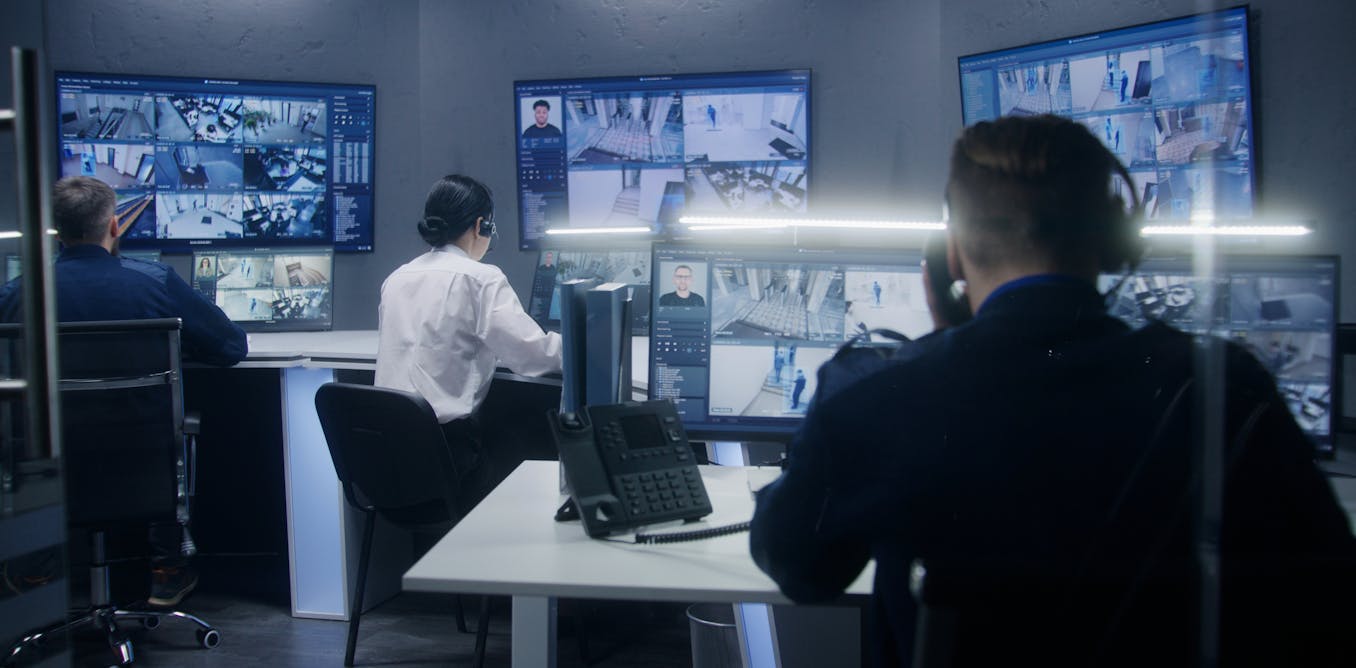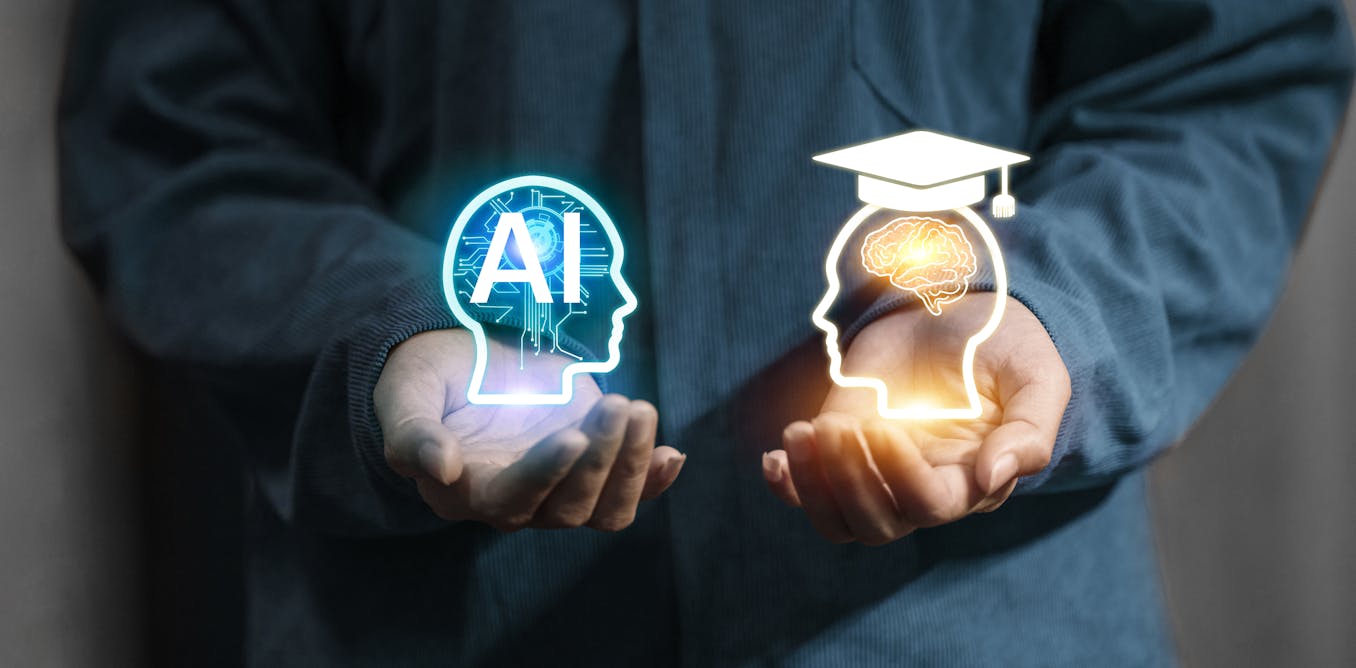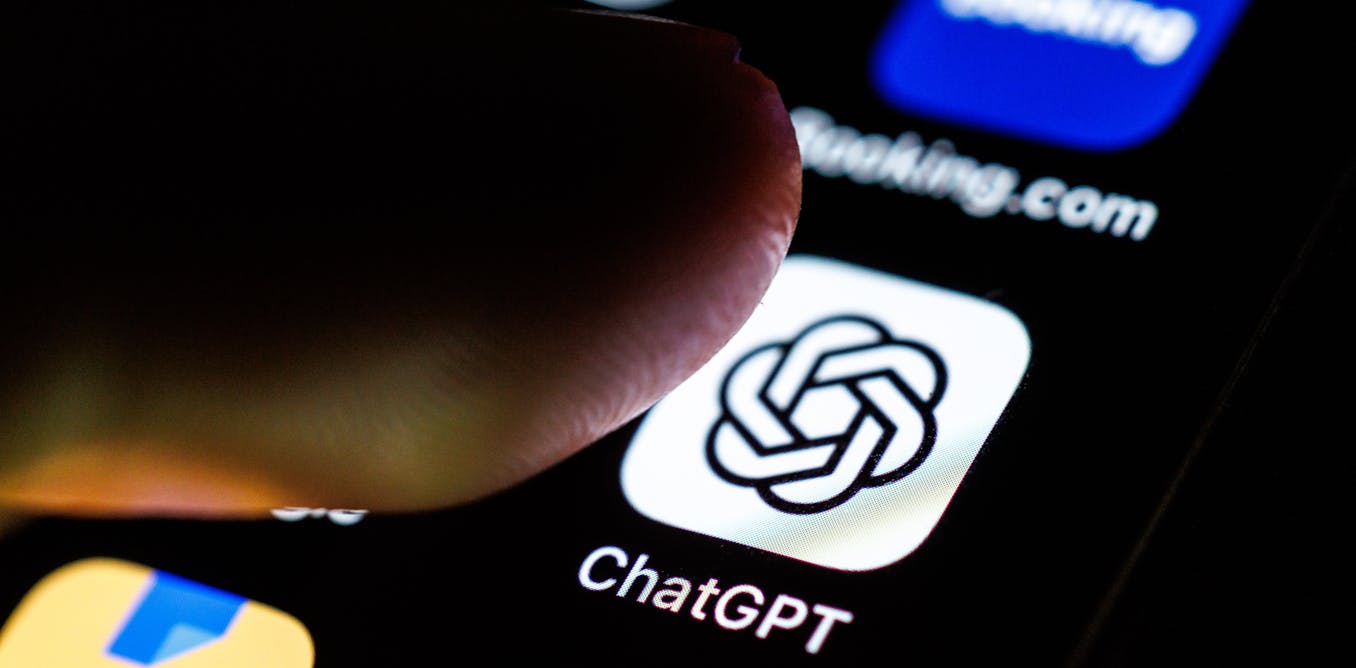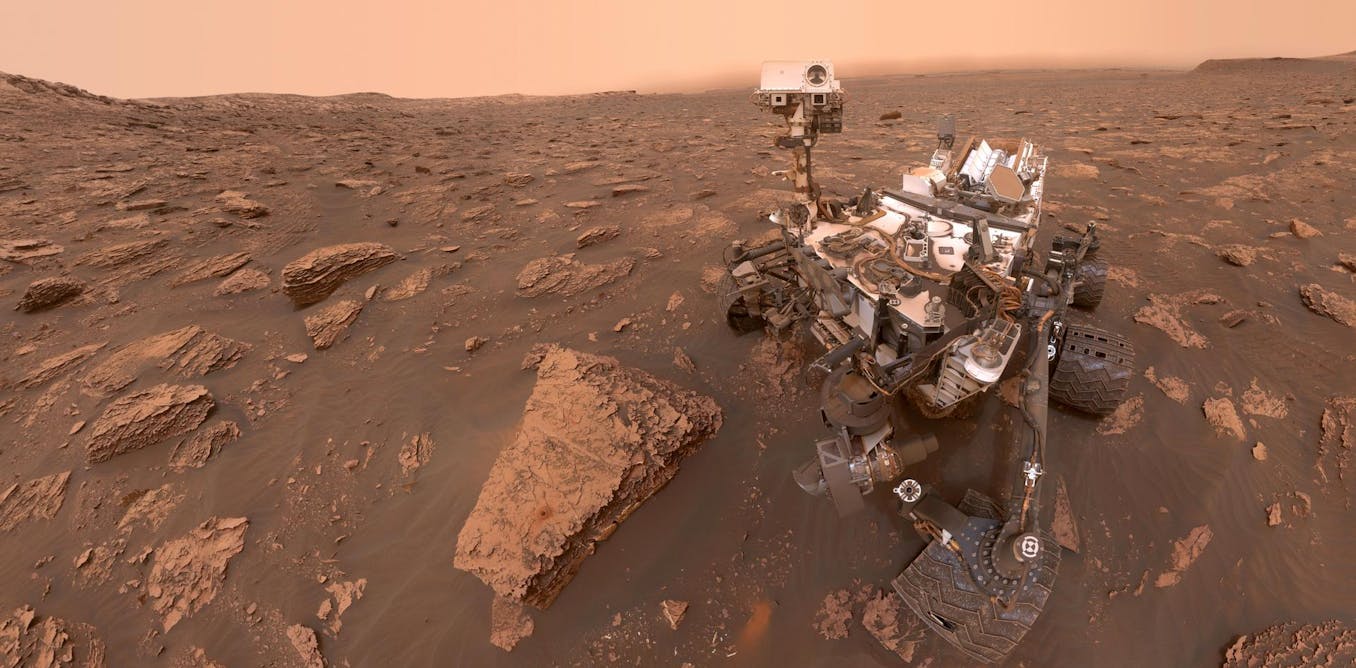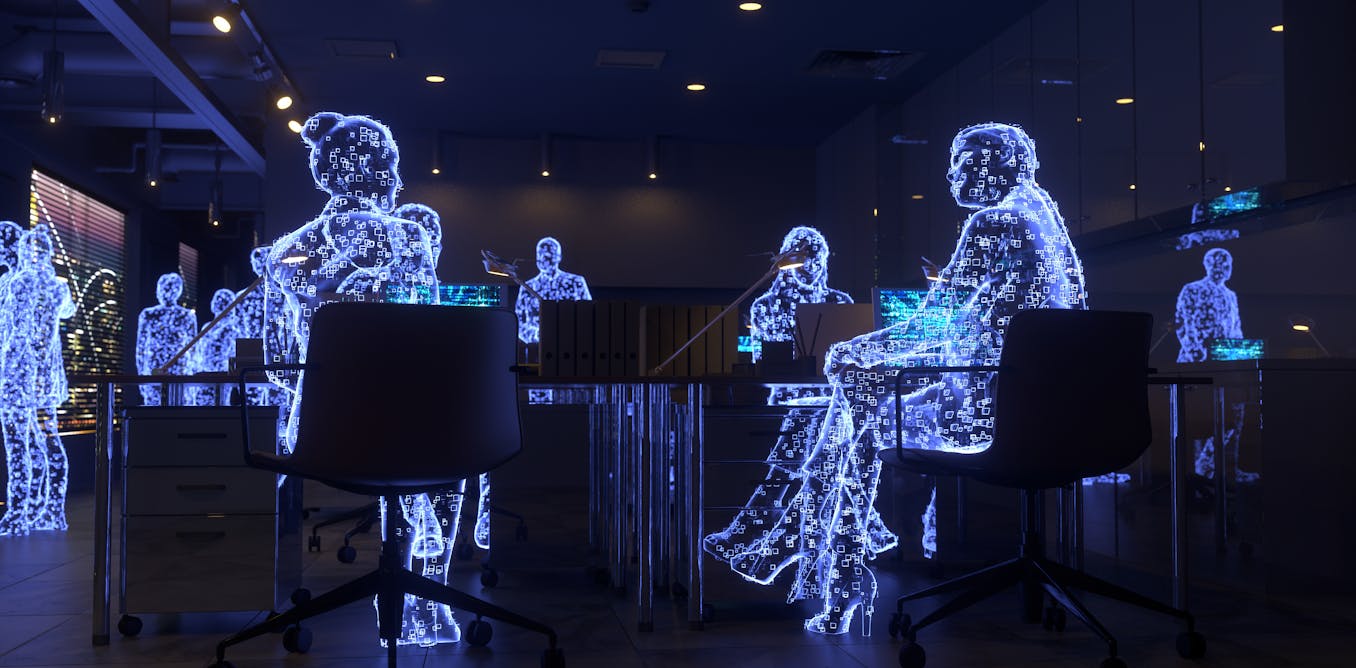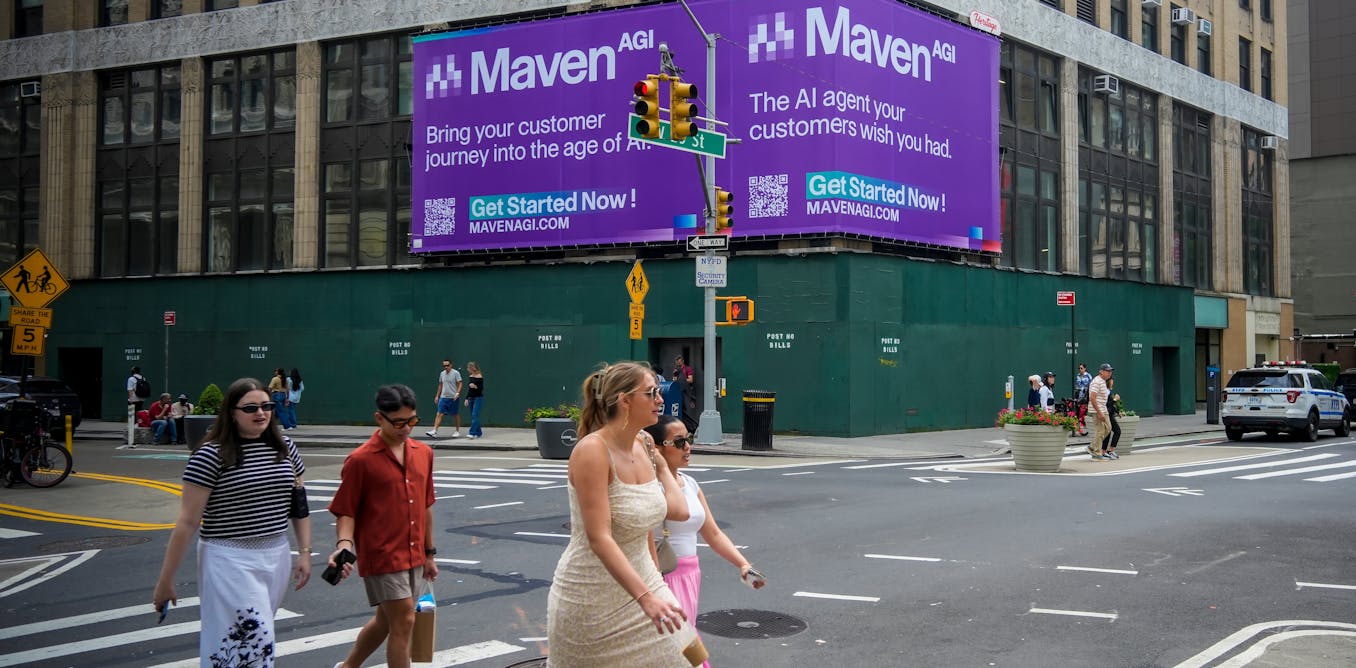Three years ago, if someone needed to fix a leaky faucet or understand inflation, they usually did one of three things: typed the question into Google, searched YouTube for a how-to video or shouted desperately at Alexa for help.
Today, millions of people start with a different approach: They open ChatGPT and just ask.
I’m a professor and director of research impact and AI strategy at Mississippi State University Libraries. As a scholar who studies information retrieval, I see that this shift of the tool people reach for first for finding information is at the heart of how ChatGPT has changed everyday technology use.
Change in searching
The biggest change isn’t that other tools have vanished. It’s that ChatGPT has become the new front door to information. Within months of its introduction on Nov. 30, 2022, ChatGPT had 100 million weekly users. By late 2025, that figure had grown to 800 million. That makes it one of the most widely used consumer technologies on the planet.
Surveys show that this use isn’t just curiosity – it reflects a real change in behavior. A 2025 Pew Research Center study found that 34% of U.S. adults have used ChatGPT, roughly double the share found in 2023. Among adults under 30, a clear majority (58%) have tried it. An AP-NORC poll reports that about 60% of U.S. adults who use AI say they use it to search for information, making this the most common AI use case. The number rises to 74% for the under-30 crowd.
Traditional search engines are still the backbone of the online information ecosystem, but the kind of searching people do has shifted in measurable ways since ChatGPT entered the scene. People are changing which tool they reach for first.
For years, Google was the default for everything from “how to reset my router” to “explain the debt ceiling.” These basic informational queries made up a huge portion of search traffic. But these quick, clarifying, everyday “what does this mean” questions are the ones ChatGPT now answers faster and more cleanly than a page of links.
And people have noticed. A 2025 U.S. consumer survey found that 55% of respondents now use OpenAI’s ChatGPT or Google’s Gemini AI chatbots about tasks they previously would have asked Google search to help them with, with even higher usage figures for the U.K. Another analysis of more than 1 billion search sessions found that traffic from generative AI platforms is growing 165 times faster than traditional searches, and about 13 million U.S. adults have already made generative AI their go-to tool for online discovery.
This doesn’t mean people have stopped “Googling,” but it means ChatGPT has peeled off the kinds of questions for which users want a direct explanation instead of a list of links. Curious about a policy update? Need a definition? Want a polite way to respond to an uncomfortable email? ChatGPT is faster, feels more conversational and feels more definitive.
At the same time, Google isn’t standing still. Its search results look different than they did three years ago because Google started weaving its AI system Gemini directly into the top of the page. The “AI Overview” summaries that appear above traditional search links now instantly answer many simple questions – sometimes accurately, sometimes less so.
But either way, many people never scroll past that AI-generated snapshot. This fact combined with the impact of ChatGPT are the reasons the number of “zero-click” searches has surged. One report using Similarweb data found that traffic from Google to news sites fell from over 2.3 billion visits in mid-2024 to under 1.7 billion in May 2025, while the share of news-related searches ending in zero clicks jumped from 56% to 69% in one year.
Google search excels at pointing to a wide range of sources and perspectives, but the results can feel cluttered and designed more for clicks than clarity. ChatGPT, by contract, delivers a more focused and conversational response that prioritizes explanation over ranking. The ChatGPT response can lack the source transparency and multiple viewpoints often found in a Google search.
In terms of accuracy, both tools can occasionally get it wrong. Google’s strength lies in letting users cross-check multiple sources, while ChatGPT’s accuracy depends heavily on the quality of the prompt and the user’s ability to recognize when a response should be verified elsewhere.
Smart speakers and YouTube
The impact of ChatGPT has reverberated beyond search engines. Voice assistants, such as Alexa speakers and Google Home, continue to report high ownership, but that number is down slightly. One 2025 summary of voice-search statistics estimates that about 34% of people ages 12 and up own a smart speaker, down from 35% in 2023. This is not a dramatic decline, but the lack of growth may indicate a shift of more complex queries to ChatGPT or similar tools. When people want a detailed explanation, a step-by-step plan or help drafting something, a voice assistant that answers in a short sentence suddenly feels limited.
By contrast, YouTube remains a giant. As of 2024, it had approximately 2.74 billion users, with that number increasing steadily since 2010. Among U.S. teens, about 90% say they use YouTube, making it the most widely used platform in that age group. But what kind of videos people are looking for is changing.
People now tend to start with ChatGPT and then move to YouTube if they need the additional information a how-to video conveys. For many everyday tasks, such as “explain my health benefits” or “help me write a complaint email,” people ask ChatGPT for a summary, script or checklist. They head to YouTube only if they need to see a physical process.
You can see a similar pattern in more specialized spaces. Software engineers, for instance, have long relied on sites such as Stack Overflow for tips and pieces of software code. But question volume there began dropping sharply after ChatGPT’s release, and one analysis suggests overall traffic fell by about 50% between 2022 and 2024. When a chatbot can generate a code snippet and an explanation on demand, fewer people bother typing a question into a public forum.
So where does that leave us?
Three years in, ChatGPT hasn’t replaced the rest of the tech stack; it’s reordered it. The default search has shifted. Search engines are still for deep dives and complex comparisons. YouTube is still for seeing real people do real things. Smart speakers are still for hands-free convenience.
But when people need to figure something out, many now start with a chat conversation, not a search box. That’s the real ChatGPT effect: It didn’t just add another app to our phones – it quietly changed how we look things up in the first place.
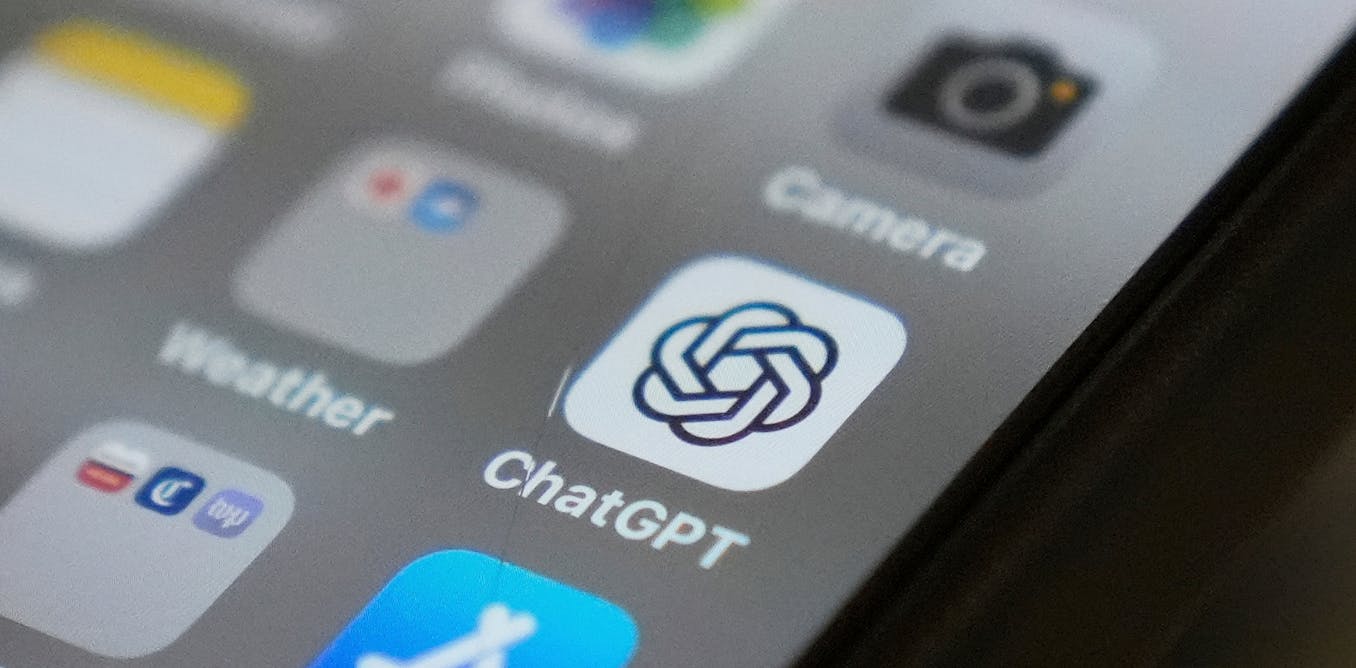
The post “In 3 years the AI chatbot has changed the way people look things up” by Deborah Lee, Professor and Director of Research Impact and AI Strategy, Mississippi State University was published on 11/25/2025 by theconversation.com




